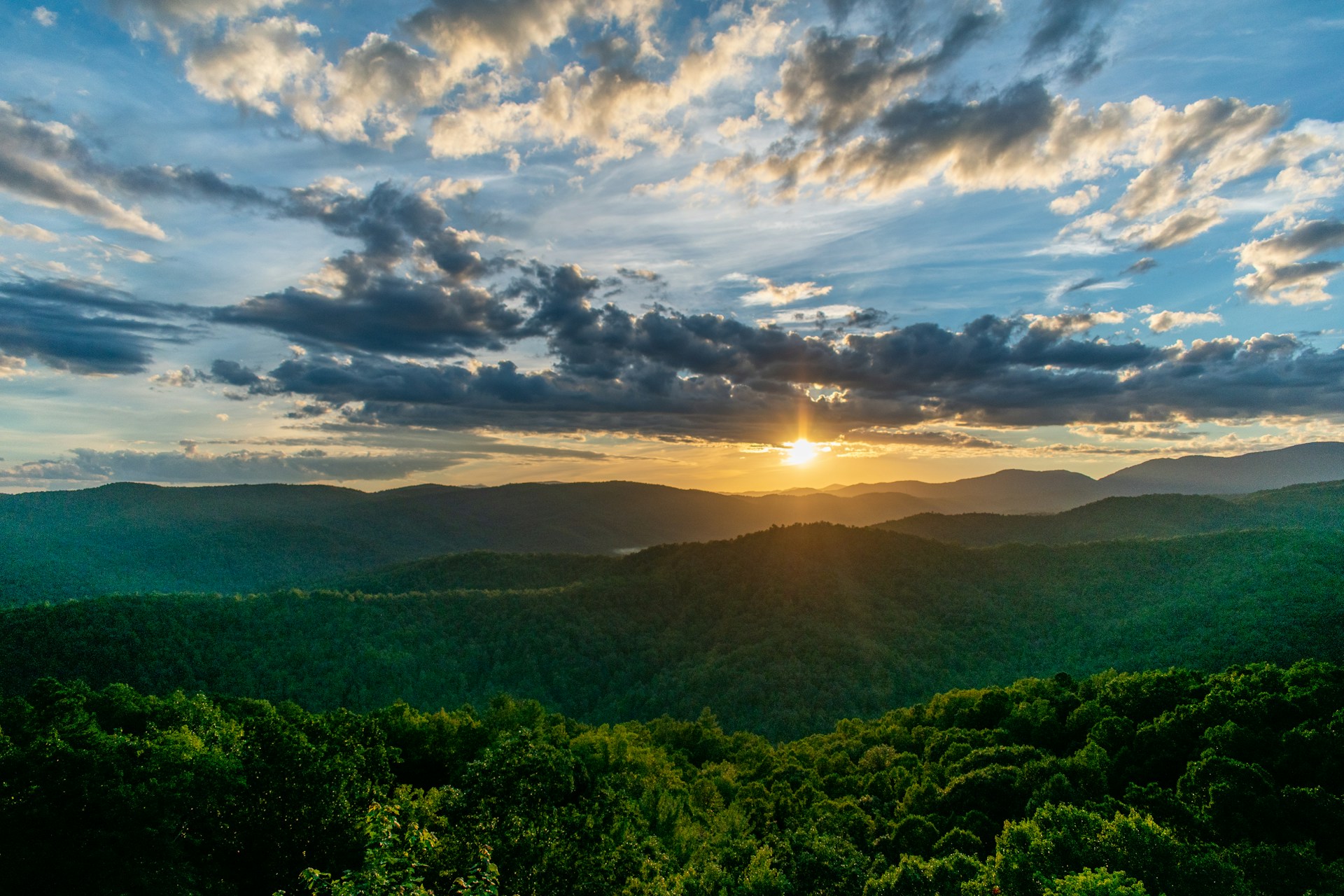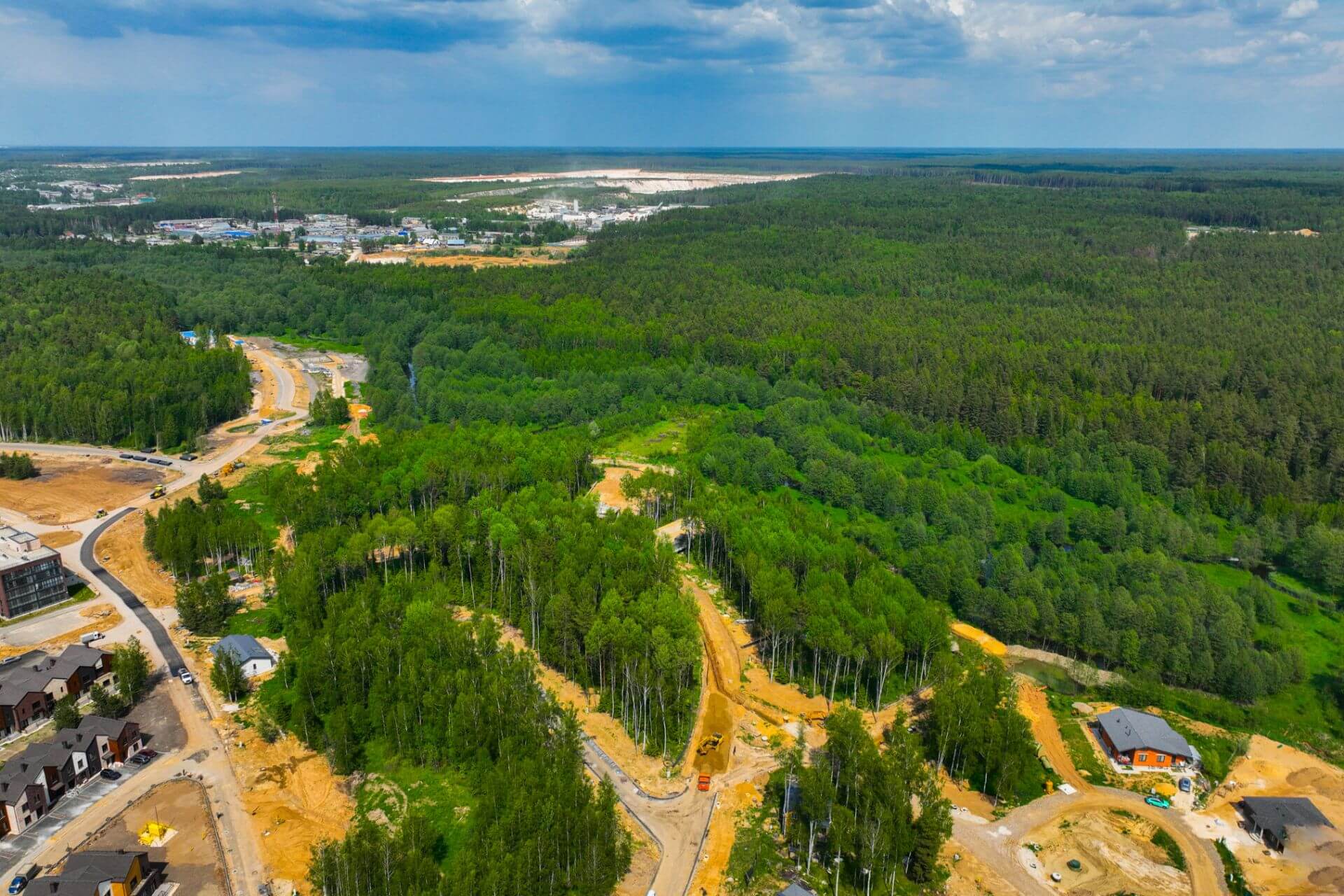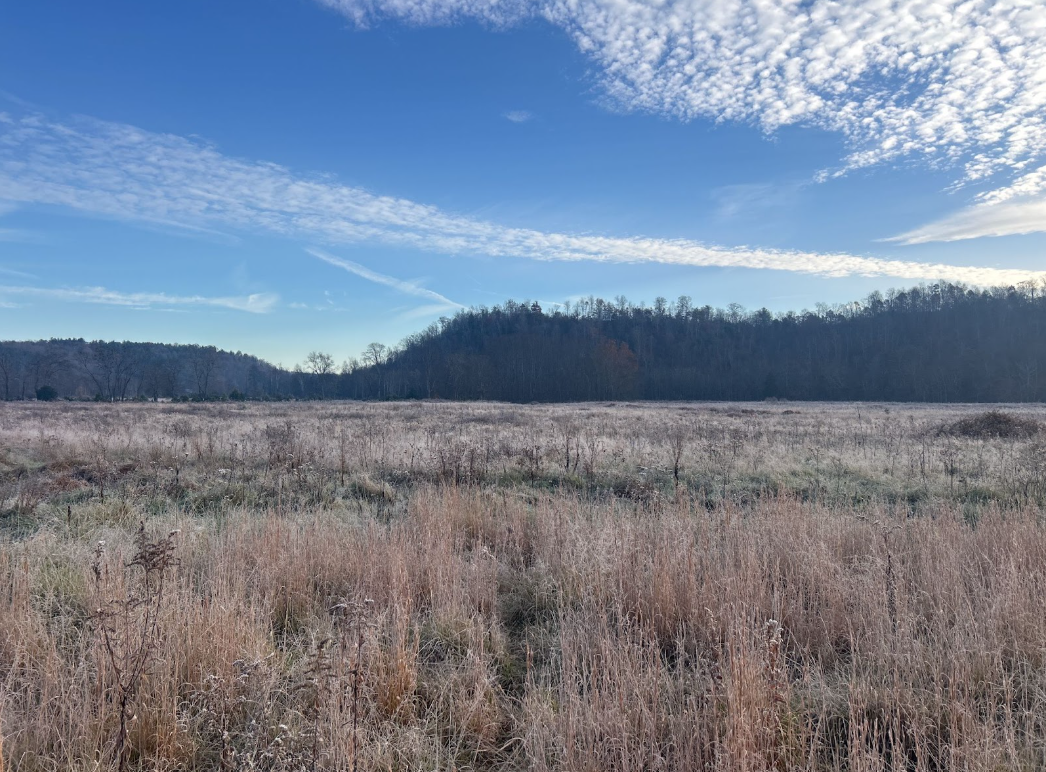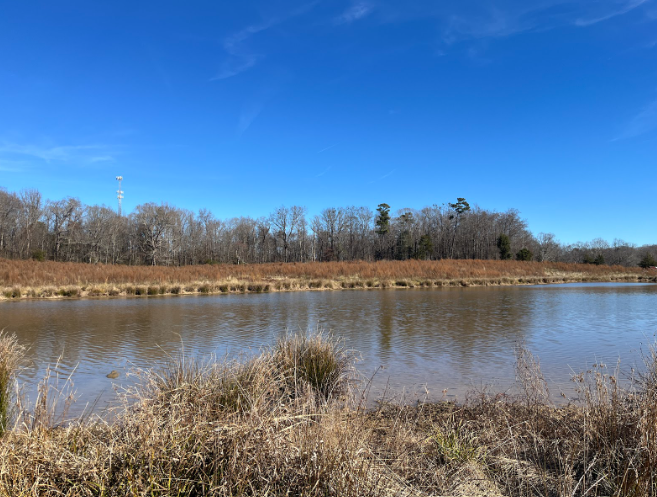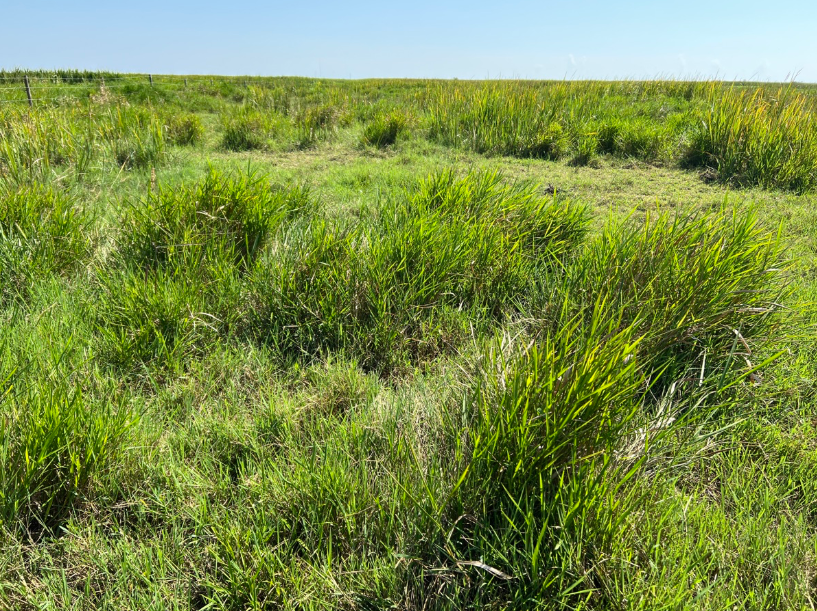North Carolina, with its diverse landscapes ranging from the Appalachian Mountains in the west to the coastal plains in the east, has an incredible range of unique places worth saving. Despite the modern form of land conservation being relatively new, there is a strong tradition of land conservation efforts in our state with clear signals that there will continue to be strong growth in the future.
From grassroots movements to government funding, our state's commitment to preserving its natural beauty and biodiversity is evident through the establishment and growth of land trusts. But what are the origins of North Carolina land trusts? And who are the dedicated individuals and organizations that have developed these trusts?
Early Years of North Carolina Land Trusts
 The roots of North Carolina's land trust movement go back to the mid-20th century. The post-World War II era witnessed increased urbanization and development. These lead to concerns about potentially losing valuable open spaces and natural habitats. In response, citizens, environmentalists, and conservationists began to organize efforts to protect the state's landscapes.
The roots of North Carolina's land trust movement go back to the mid-20th century. The post-World War II era witnessed increased urbanization and development. These lead to concerns about potentially losing valuable open spaces and natural habitats. In response, citizens, environmentalists, and conservationists began to organize efforts to protect the state's landscapes.
One of the pioneering moments in North Carolina's land trust history occurred in the 1960s when The Nature Conservancy began working in our state. This marked a significant step towards systematic land conservation as The Nature Conservancy focused on acquiring ecologically important lands to safeguard them from development.
Then the 1980s saw a surge in interest and support for land conservation. Because of rapid development and other changes, local communities and organizations recognized the need for a more comprehensive approach to conservation. Establishing dedicated land trusts in North Carolina became a key strategy to ensure the preservation of critical habitats, scenic vistas, and cultural landscapes across the state.
Land Trusts Become Established in North Carolina
The North Carolina Coastal Land Trust was founded in 1992. It played a pivotal role in shaping state conservation efforts. Focused on the unique challenges and opportunities presented by the coastal region, this trust became a model for other organizations across North Carolina. Their dedication to conservation, education, and stewardship laid the groundwork for expanding land trusts throughout the state.
A supportive legal and regulatory framework became essential as land trusts gained momentum. The Environmental and Natural Resources Law Clinic at the University of North Carolina School of Law was crucial in providing guidance. Their expertise navigated land conservation’s legal intricacies and the Center has been instrumental in helping land trusts navigate issues such as easements, land acquisitions, and regulatory compliance ever since.
Critical Collaboration Between the Public & Private Sectors
The success of North Carolina land trusts lies not only in individual efforts but also in collaborative initiatives. Public-private partnerships that were created between private landowners, government agencies, non-profit organizations, and academic institutions have been instrumental in achieving shared conservation goals. As conservation continues to evolve and land trusts adapt to the changing landscape, the power of collaboration with private and public organizations will remain fundamental to future success.
In 1983, the North Carolina State Assembly passed historic legislation for land conservation. The legislation granted dollar-for-dollar income tax reduction credits to private landowners who donated land or permanent conservation easements. These donations provided certified qualified agencies, natural certified resource assets or private land conservancy. The tax incentives permanently protected 262,000 acres of natural areas and environmental resources with an estimated value of $1.6 billion. Unfortunately, the program was terminated in 2013.
In 2005, the North Carolina Land Trust Council was established, bringing together various land trusts across the state and this collaborative platform facilitated the exchange of knowledge, resources, and best practices. The North Carolina Land Trust Council fostered a sense of unity among diverse organizations working towards a common purpose. It became a driving force behind developing a more robust and interconnected land conservation network.
Rapid Urbanization Creates Challenges
Despite the significant achievements of North Carolina land trusts, there have been some challenges. Population growth, increasing urbanization, and changing land use patterns have threatened the landscapes these organizations aim to protect. While progress is inevitable, the goal is to balance conservation goals with the needs of a growing population, and this requires continuous adaptation and innovative strategies.
One notable triumph for land trusts in North Carolina has been the preservation of the Highlands of Roan. This ecologically significant area, known for its unique biodiversity and stunning landscapes, faced the threat of development. The collaborative efforts of land trusts, private landowners, and government agencies resulted in the protection of this critical natural asset. This project emphasized the effectiveness of unified conservation initiatives.
Conclusion
From its humble beginnings in post-war concerns to the establishment of thriving organizations, conservation initiatives show North Carolina’s commitment to preserving its diverse landscapes. As the state continues to evolve, there will be even more opportunities for land trusts to protect more of our beautiful state and incredible scenery.
Even though there will be opportunities, North Carolina faces new challenges in the 21st century. However, the legacy of its land trusts, the continued growth of land trusts, and public interest in conservation work provides hope for the continued protection of North Carolina's natural resources.
About the Author
Sam Warnock brings in-depth experience with ecosystem services, natural capital accounting, and environmental regulations based on his time spent in the private environmental sector and his education. His experience stems from projects related to regulatory permitting, chemical analysis, and EPA compliance. He has overseen a broad range of projects across the globe with a focus on environmental sustainability.
Learn More
